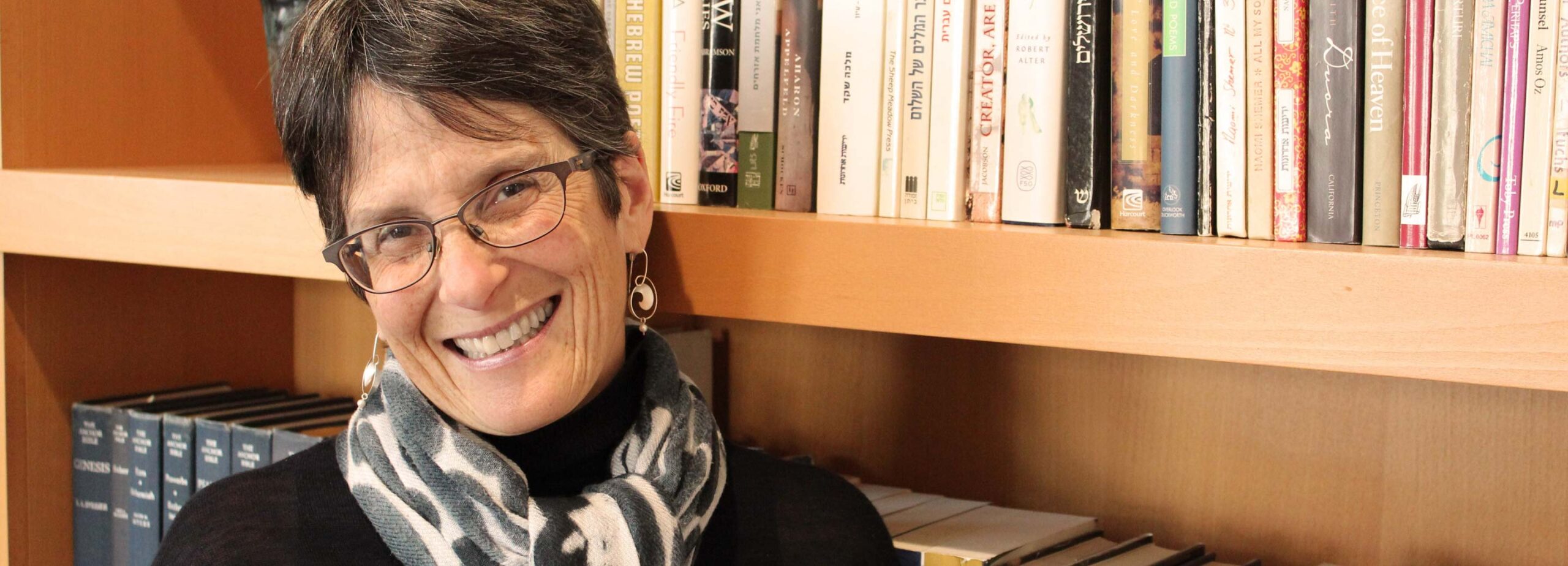Community Blog Speaking Torah: “As we count each day and bless the counting, may we be reminded to count our blessings”

Every day, from the second night of Passover to the festival of Shavuot, we literally count our days. The period is known as the Omer, originally rooted in the agricultural rhythms of ancient Israel, a time of both anxiety and anticipation, as farmers waited to see what the season’s first harvest would yield. Most of us are far removed from the experience of watching for signs of a successful crop of barley or wheat — but we are never more than a hairsbreadth away from the anxiety and anticipation of waiting to see what the next day or next year will bring into our lives.
When we stand to begin counting the Omer at the end of the second seder, we quietly, implicitly assert three things:
First, the story of the Exodus is not just an ancient memory. We haven’t just told it, we’ve eaten it, we’ve ingested it — we must metabolize it and carry it with us. It shapes who we are, it nourishes us and it demands something of us.
Second, while we are profoundly committed to the importance of memory, we also have to tend to our hopes for the future. The act of counting beckons us forward. It’s the opposite of dayeinu. It’s not enough that we came out of Egypt. We have to be going somewhere, we have to have a sense of purpose.
Third, when we count the Omer, we’re careful not to get ahead of ourselves. We’re looking toward Shavuot — we’re preparing to receive the Torah again at Sinai — but our feet are planted squarely in the present moment. We are careful (obsessively so, one might argue) never to mention the next day’s count. The progression from one day to the next is not to be taken for granted. We count only the time we have been given; we add today to yesterday’s count but we do not — we dare not — assume tomorrow.
Next week, we will mark Yom Hazikaron and Yom Ha’atzma’ut — Israel’s Memorial Day and Israel’s Day of Independence. In a deep way, these two days mirror and make manifest the ancient lessons of the Omer in our time. On these days, we feel both the burdens and blessings of belonging; we reflect on the ways in which our own stories are bound up with the story of our people. On these days, we remember, and we know that memory is not enough. We are summoned to hope; we are called to reconnect to our deepest aspirations for Israel’s future.
And finally, on these days, we take time to gratefully plant ourselves in the present moment — we pause long enough to appreciate how far we have come, to celebrate the extraordinary vitality and creativity of Israeli culture, to open our eyes and see not only what is broken, but all that is beautiful and alive.
As we count each day and bless the counting, may we be reminded to count our blessings.
This week, I’m pleased to share two insightful pieces by Rabbinical School of Hebrew College faculty members: “Vertigo” by Rachel Adelman, Ph.D. and “The Sacred and Mythic Dimensions of Yom Ha’atzmaut” by Rabbi Ebn Leader.
Please feel free to share this message, and be in touch if you or anyone you know would like to talk further about the Rabbinical School of Hebrew College.
In hope,
Rabbi Sharon Cohen Anisfeld Dean, Rabbinical School of Hebrew College sanisfeld@hebrewcollege.edu | 617.559.86

